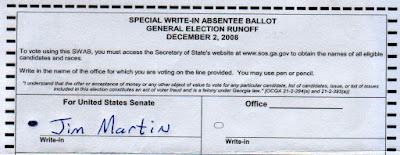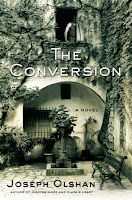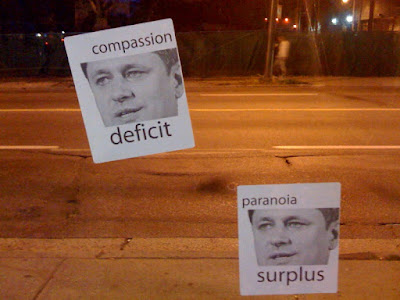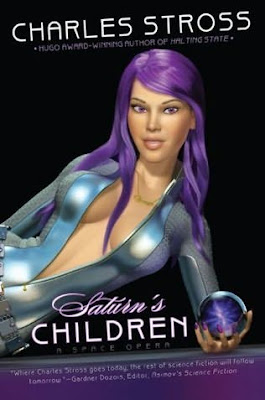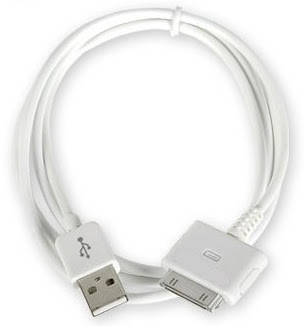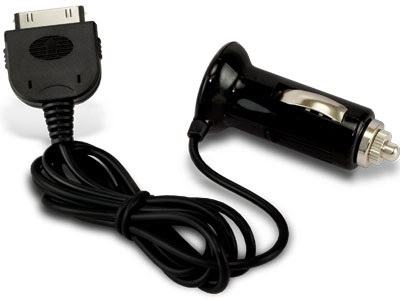I wrote a note to
Representative David Obey of the 7th district in Wisconsin. He wrote this very thoughtful and honest reply, which seemed refreshingly free of bullshit. Obviously he's going to vote for the bill, but he avoids the condescension, evasion, misdirection, and outright prevarication of
shitheels like Isakson. Hopefully after Obama takes office in January we will see reversal of that indefensible bankruptcy bill and finally see some more meaningful reform. What the hell, maybe we'll get another
New Deal. It's about time.
September 27, 2008
Dear Mr. LeDuc:
Thank you for contacting me about the President’s request for a massive $700 billion bailout of the financial markets.
As you might expect, I have heard from many, many people who are unhappy, fearful, and frustrated by what has been going on, and the vast majority are staunchly opposed to the President’s proposal for what is, in effect, a blank check. I am, too, and let me make it perfectly clear that I have no intention of giving this, or any other President, a blank check to do with as he wishes. We've seen that before when the President demanded that Congress give him a blank check for Iraq - with disastrous consequences.
We are currently paying a huge price for the fact that for over 20 years we’ve had massive deregulation of the financial sector of our economy and, at the same time, economic policies that have favored the top dogs at the expense of everybody else.
If you take all of the income growth that has occurred in this country in the last eight years and see who got it, over 95 percent of all of the income growth in the country went to the wealthiest 10 percent of families. That means 90 percent of American families – 9 out of 10 – were left to struggle to get a piece of just 4.7 percent of the total income growth that’s occurred in the last eight years.
As a result, people who, in real terms, have had their income frozen for nearly a decade have tried to keep their heads above water by borrowing. In fact, over the last eight years, mortgage debt alone has gone up by $7 trillion, almost seven times as much as the national debt that we hear so much about.
And with the umpire off the field because of the relentless drive for less regulation by the Reagan and Bush Administrations, and on occasion the Clinton Administration as well, many on Wall Street who were looking for a way to make a bigger buck than ever have made the problem worse.
I fought that pressure time and time again.
For example, I was one of 57 members in the House who opposed the repeal of the Glass-Steagall Act, which was enacted during the FDR Administration. Glass-Steagall was enacted to keep investment banking and community banking separate, because they didn't want the high-flying, risk-taking actions of investment bankers to infect the community banking system. It stood us in good stead for generations. During debate on the House Floor during the vote to repeal Glass-Steagall, I said that the bill was:
"consumer fraud masquerading as financial reform. There is nothing wrong with modernizing financial institutions. It is nice to see that my colleagues are going to try to set up one-stop shopping services for financial services. But returning 1999 to 1929 is not reform in my book.”
At this point, we don’t know what will be negotiated with the White House, but we do know that they have the Congress over a barrel because if we don't do something credit markets are likely to freeze up. It doesn't just mean that Wall Street is going to be crippled; the people who will be left holding the bag are American families. The impact on Wall Street will have trickle down consequences for every family in America, and if Main Street business can't get credit, there could be thousands of businesses that go under and we could have the worst economic mess since the Great Depression. So something has to be done.
As Franklin Roosevelt said in his inaugural address in 1932 when he was facing a similar collapse of the financial sector of the economy, "we need action and now." We must provide that action at the same time we make every effort to build in assurances that protect American taxpayers.
Middle income families have missed out on the production of wealth in recent years and taxpayers have been ripped off with giveaways to the wealthy and well-connected, paid for by ballooning the deficit and passing the costs onto future generations.
We’re looking for a number of changes to the Administration’s proposal to protect the taxpayer’s interest.
First, we are trying to ensure that the taxpayer will get the benefit of any recovery in the value of the assets the government would buy from financial institutions.
Second, we are trying to find a mechanism by which Wall Street can pay a significant share of the tab so taxpayers don't get stuck with the whole load.
Third, there needs to be an independent review board looking over the shoulder of the Fed as it makes financial decisions to blow the whistle if problems develop.
Fourth, there certainly should be limitations on compensation to the executives of the companies receiving federal aid and no golden parachutes.
Fifth, there needs to be a reinvigoration of oversight by regulatory agencies to prevent this from happening again.
And that’s just scratching the surface. There are a number of other things that need to be done, too.
I also hope we’ll see a change in the bankruptcy law passed, over my objection, by the last Congress, which did not take into account that some people are unable to make their mortgage payments or credit card payments simply because they’d either lost their jobs or had a health problem. Certainly we ought to be able to provide some sort of relief for people in that kind of situation, so that people on Main Street are getting the same sort of considerations as the big shots on Wall Street.
You should also know that, as I write this letter, Congress is considering legislation that I authored to try to help people on Main Street who are suffering because of this crisis. We're trying to make greater investments in the country's infrastructure by beefing up our sewer and water construction and highway and airport construction in order to create a good number of well paying private sector jobs. We also want to extend unemployment insurance to help address the fact that 600,000 Americans have lost their jobs this year. And we are also trying to provide some budget support for states so they do not wind up knocking poor children off health care rolls.
Please be assured that, as we move forward to confront this challenge, the needs of taxpayers, homeowners, and working Americans and their families will be uppermost in my mind.
Thank you again for taking the time to get in touch.
Sincerely,
David Obey
Your Congressman
